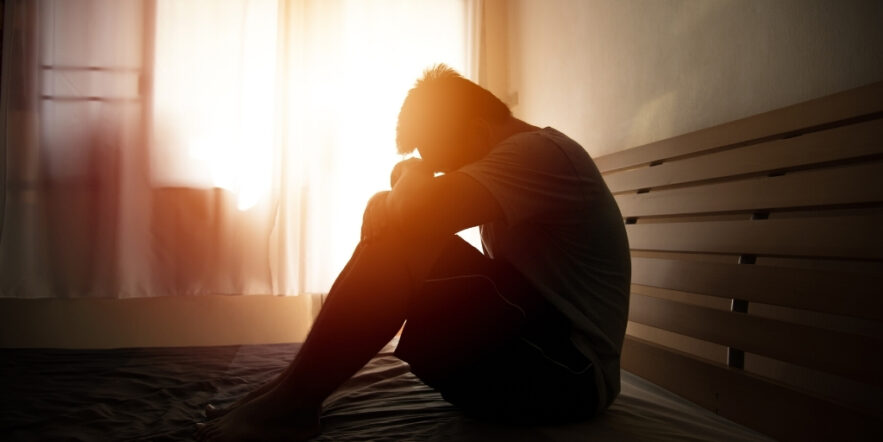Antidepressants present a counterintuitive challenge. The most popular ones have been dogged for decades by claims that they can increase the risk of suicide, particularly in children. This link is described most often for the class of drugs known as selective serotonin reuptake inhibitors or SSRIs.
For every study that purports a connection between suicide and SSRIs, there’s one countering it. So what’s a concerned parent to do? We researched the topic, reviewed medical journal articles, and interviewed experts on both sides of the aisle. Our conclusion: The increased risk of suicidal thoughts in children exists, but it shouldn’t dissuade the parent of a suicidal youth from considering SSRIs if recommended by a trusted psychiatrist who will monitor symptoms.
Dr. Bhavin Dave, a child and adolescent psychiatrist at the Children’s National hospital in Washington, D.C., says that antidepressants are a “life-saving medication in some cases.”
Untreated depression can also lead to a higher risk of suicide, according to Dave. The lowest percent risk for untreated depression is 2.2%, which is higher than the risk of suicidal thoughts in patients who take SSRIs, or 0.7-2%, Dave noted. That’s not to say antidepressants are for everyone, but some type of treatment should be.
It is a critical time for the discussion when you consider that the overall suicide rate is increasing, specifically among black youths, and the racial disparities, now more than ever, are in stark focus. That underscores both the problem and the challenge. Racism, including the use of law enforcement on people with mental illness, perpetuated stigma surrounding treatment as medical bias, experimentation on African-Americans, and what many call the structural racism is underpinning the entire health care system.
COVID-19, which already disproportionately sickens and kills African Americans, is predicted to lead to tens of thousands more suicide deaths due to unemployment, isolation, and uncertainty. Severer depression is a “silent killer” of African American men.
Risks do exist, however.
“Antidepressants are serious, mind-altering drugs and have risks and shouldn’t be taken lightly,” says Kim Witczak, an advertising industry consultant and consumer representative on the Food and Drug Administration’s Psychopharmacologic Advisory Committee. “There should be a discussion about the potential harms and an exit strategy as these drugs were never meant for more than short term use.”
Witczak’s husband killed himself five weeks after his doctor prescribed him the antidepressant Zoloft to treat his sleep problems. She has been a drug safety advocate ever since and helped to get the most serious “black box” warning — which alerts to serious, potentially life-threatening risks — required for these antidepressants,
The risk of suicidality necessitates an “informed conversation with your doctor about the real risk short-term, long-term, and what to look for,” said Witczak.
Dr. Frank Fortunati, who heads the Yale’s Psychiatric Hospital, believes a phenomenon known as activation is likely responsible for reported upticks in suicide. As the concept goes, antidepressants improve patients’ moods enough to give them the wherewithal to act on suicidal urges.
Here’s a look at the conflicting research:
- A 2016 study in The Pharmaceutical Journal found that SSRIs and the related class of drugs known as SNRIs (serotonin-norepinephrine reuptake inhibitors) double the risk of suicidality and violence in healthy adults with no signs of a mental disorder.
- An analysis of studies evaluating if the black box warning was justified cited recent data that increasing antidepressant prescriptions is related to more suicide attempts and completed suicides among American children and adolescents.
- However, a 2007 study in the American Journal of Psychiatry found that in the U.S. and the Netherlands, when SSRI prescriptions for children and adolescents went down, suicide rates went up. Seven years later, a study in Acta Psychiatrica Scandinavica found the black box warning may have increased the number of suicides by leaving many suicidal youth without antidepressant treatment.
By Skye-Ali Johnson, Amora Campbell, Heaven Pete and Selah Hart with Josephine Chu, Urban Health Media Project






